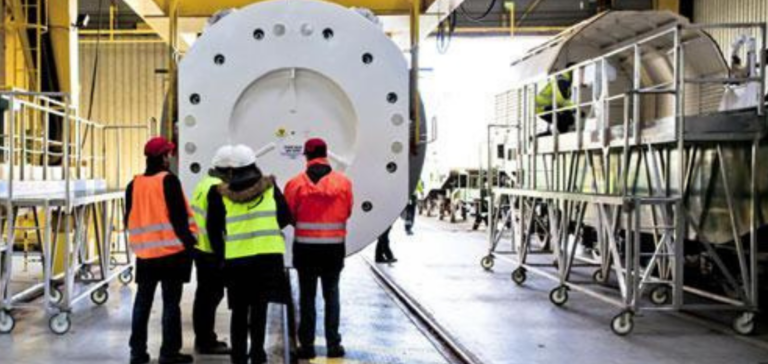In the French nuclear sector, a reform is causing great tension within the French Nuclear Safety Authority (ASN). Staff representatives, notably from UNSP-FO, the only representative union, expressed their frustration at the lack of information and transparency concerning this reform project. This situation was revealed at a social board meeting.
The ASN-IRSN Merger Project: Context and Controversy
The reform in question envisages merging the ASN with the Institut de Radioprotection et de Sûreté Nucléaire (IRSN), a project supported by ASN Chairman Bernard Doroszczuk. At a time when France is undergoing a nuclear revival, this bill raises important questions about the effectiveness and independence of the future merged authority.
The Impact of the Reform Project on ASN Employees
The concerns of ASN employees are many and varied. According to a recent survey of the Authority’s 500 employees, more than a third took part, revealing that 54% of respondents were opposed to the reform. The main concerns raised were potential disorganization, loss of agility and increased complexity of the resulting structure.
Employee Concerns and the Call to Action
Kalilou Thiam, representing UNSP-FO, also highlighted salary concerns, in particular regarding the provisions of the bill favoring IRSN employees to the detriment of ASN civil servants. Indeed, this situation has led to growing discontent among employees, with calls for concrete action. The Ministry of Energy Transition is planning meetings to discuss these issues.
In addition, IRSN’s inter-union group, representing nearly 1,800 employees, shares this sense of reluctance, as do some experts and elected representatives. Their opposition is rooted in the fear of a loss of independence in nuclear expertise, a fundamental principle established in the wake of the Chernobyl disaster.
The current crisis within the ASN reveals the crucial issues at stake in the reform of nuclear safety in France. The tension between the need for structural reform and the preservation of independence and operational efficiency underlines the complexity of the balance to be struck. The forthcoming discussions and decisions will be decisive for the future of nuclear regulation in France.






















